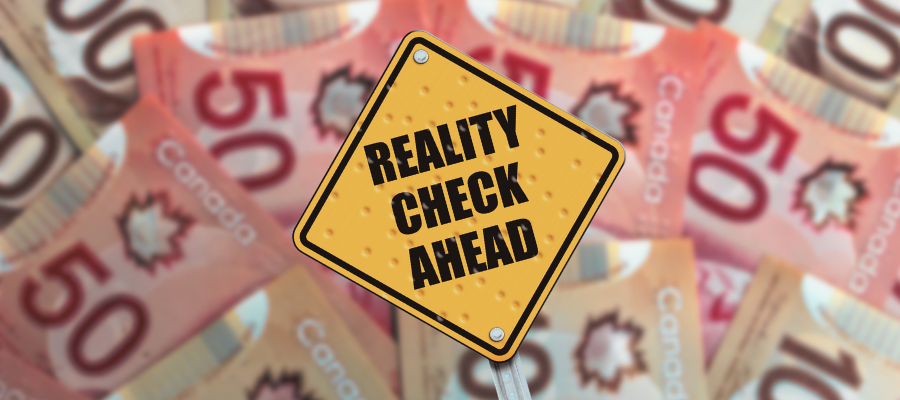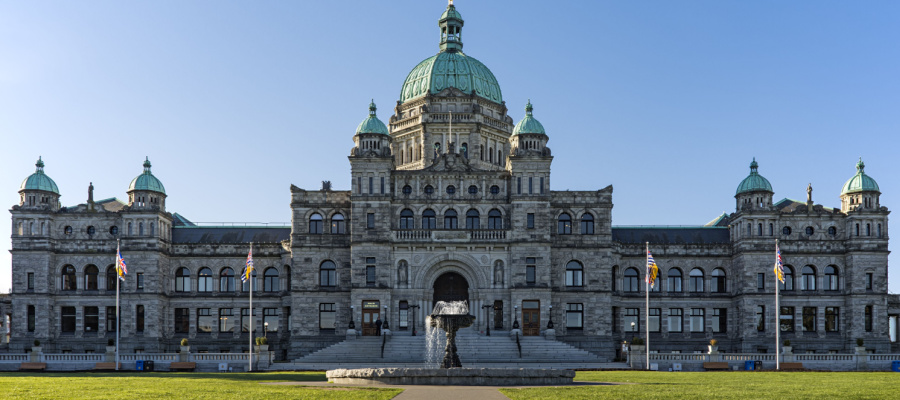Our priorities for BC Budget 2011
On September 15, I presented CCPA-BC’s recommendations for BC Budget 2011 at the Vancouver BC Budget Consultation public hearing. Take a look at my presentation slides for a brief overview of our take on BC’s current budget situation and economic outlook, and our advice for leading the province’s recovery.
The Vancouver hearing kicked off this year’s budget consultation process, a month-long opportunity for British Columbians share their priorities and recommendations for next year’s provincial budget with a legislature committee made up of representatives of both the party that is in government and the Opposition.
The Select Standing Committee on Finance and Government Services will accept citizens’ input until October 15. You can sign up to present in person at a public hearing in your hometown, you can submit written recommendations or video/audio clips, or you can respond to a brief online survey with open-ended questions.
This year, it’s particularly important to make your voice heard, because there are actual money on the table that are not spoken for. Just last week, the Ministry of Finance revealed — surprise — $2.7 billion extra revenues over the next three years above and beyond last year’s budget forecast. In the same news release, the Ministry announced that about $600 million of the moneys would be applied to reducing the deficit, but the other $2.1 billion are yet to be allocated.
Personal income tax cuts have been floated as a possibility and given the current HST mess, the temptation to appease the anti-tax vibe in the electorate must be higher than ever. There are also calls in the media for the windfall revenues to be put towards further reducing budget deficits and paying off the provincial debt.
At the CCPA, we believe that the money should be used instead for strategic spending initiatives to reduce poverty and homelessness in the province. Here is why.
Debt-reduction is not a priority for our province at this point. Our debt levels remain affordable and the current environment of low interest rates presents an ideal time for the government to borrow in order to invest in improving the economic security and future productivity of British Columbians.
The rate of return on debt-reduction is the interest rate we pay on the debt (this is how much we save if we pay a portion of it today). The long-term interest rates the province pays on its debt are around 4 to 4.5%. Many public investments have higher rates of return that that, which makes them better candidates for government spending than paying off the debt.
Using the $2.1 billion windfall revenues to offer personal income tax cuts would frankly be irresponsible. It will squander the opportunity to boost the economy and address BC’s pressing social problems all at once. Tax cuts will not do anything for the poor or the homelessness who don’t owe much in taxes to begin with. Tax cuts will not build affordable housing, improve access to post-secondary education for low-income youth, or reduce our greenhouse gas emissions. Strategic public investments, on the other hand, can do all these things.
The CCPA recommends that the revenue windfall is used to reduce poverty and homelessness in this province. Investing in poverty reduction has the potential to bring huge savings for the province over the long term in terms of lower criminal justice costs, lower healthcare costs, and higher school achievement and productivity. A report from the Ontario Association of Food Banks estimates that poverty cost the provincial treasury about 2% of GDP per year. If costs in BC are in the same ballpark, we’re talking about potential savings of $4 billion annually.
Topics: Housing & homelessness, Poverty, inequality & welfare, Provincial budget & finance, Taxes, Transparency & accountability


